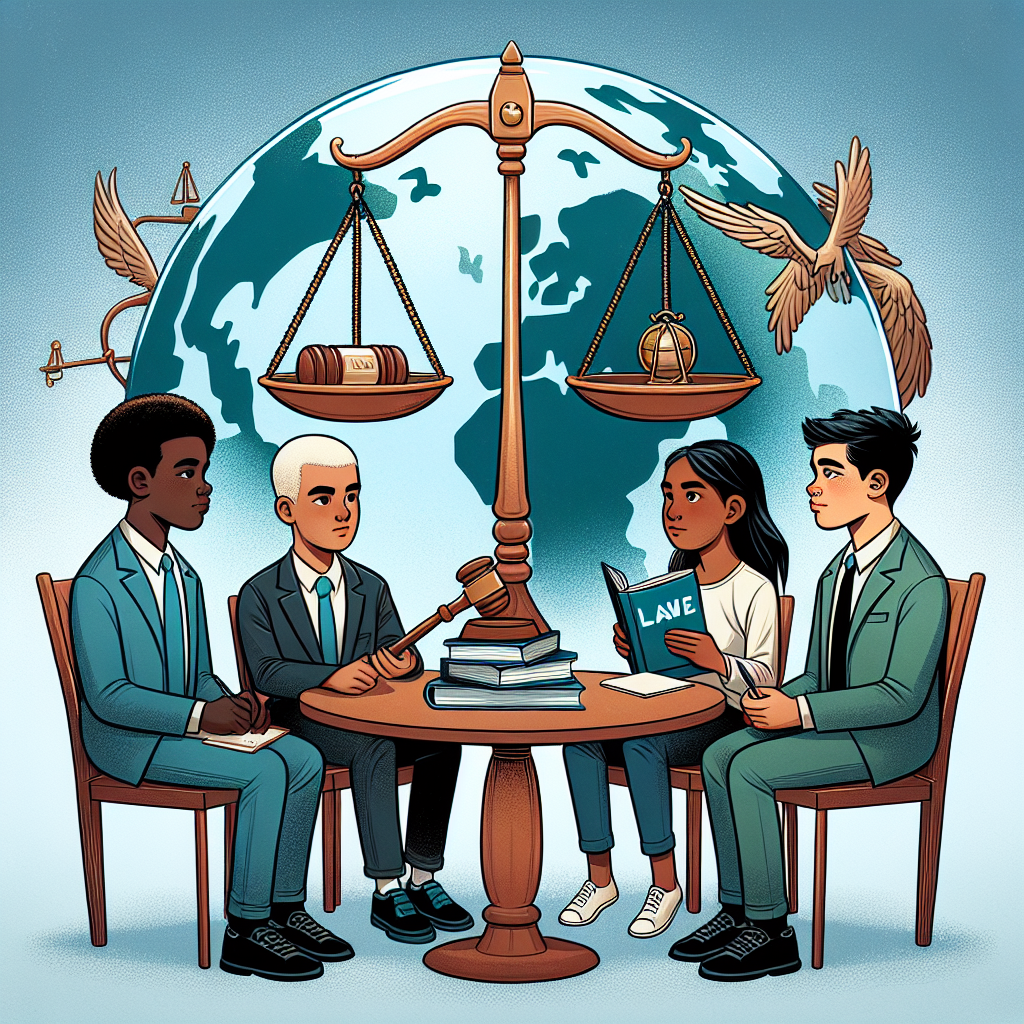In a written response to the Rajya Sabha, Shri Arjun Ram Meghwal, Minister of State (Independent Charge) for the Ministry of Law and Justice, and Minister of State in the Ministry of Parliamentary Affairs, outlined the government's efforts to make the judicial system more accessible, affordable, and effective for socially and economically disadvantaged groups.
Legal Services Authorities (LSA) Act, 1987: The LSA Act provides free and competent legal services to individuals from socially and economically backward classes. This includes:
Scheduled Castes and Scheduled Tribes
Victims of human trafficking or forced labor
Women and children
Persons with disabilities
Individuals facing extreme circumstances such as natural disasters or ethnic violence
Industrial workers
Those with an annual income below a specified threshold
Lok Adalats: Organized under the LSA Act, Lok Adalats offer affordable and expedited justice. They have settled 12.08 crore cases, both pending and pre-litigation, from April 2023 to June 2024, benefiting 18.86 lakh individuals.
Nyaya Bandhu (Pro Bono Legal Services): This program connects eligible individuals with pro-bono lawyers. To date, 11,227 pro bono advocates have been registered, handling 3,474 cases.
Tele-law Program: The Tele-law initiative provides legal advice through Panel Lawyers via Common Service Centers (CSCs) at Panchayats. It has reached more than 93.19 lakh beneficiaries.
Infrastructure Development and Accessibility: State Governments are primarily responsible for developing judicial infrastructure, including accessibility features for individuals with benchmark disabilities. The Central Government supports these efforts through the Centrally Sponsored Scheme (CSS) for Judicial Infrastructure, funding the construction of court buildings, residential units, and other facilities. Accessibility compliance is mandatory, and States must adhere to guidelines set by the CPWD and the Department of Empowerment of Persons with Disabilities.
eCourts Integrated Mission Mode Project: This national eGovernance initiative aims to expedite case disposal and enhance accessibility. Key features include:
eCourts Services Portal and Mobile App: 24/7 access to case information and electronic payments.
Virtual Courts: Handling traffic violations online in 28 courts across 21 States/UTs.
Video Conferencing: Facilitates online trial attendance.
Live Streaming: Provides remote access to court proceedings.
eFiling: Allows for electronic submission of documents.
eSewa Kendras: 1,072 centers assist those needing help accessing judicial services.
NJDG Platform: Increases transparency by making case information publicly available.
NSTEP: Offers real-time status updates for process serving.
These technological advancements aim to remove barriers, reduce costs and time, and improve accessibility for all, particularly for individuals with disabilities.











